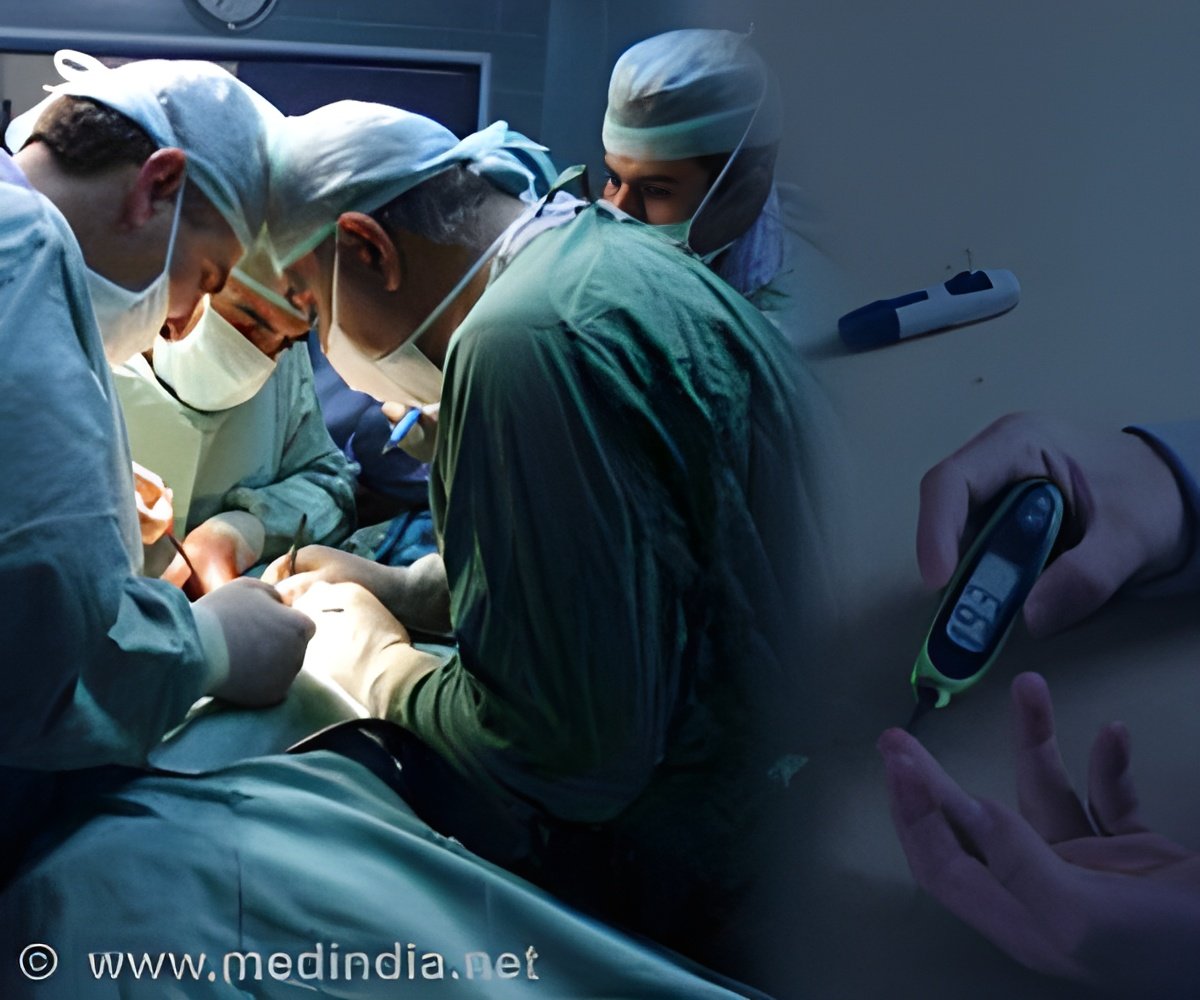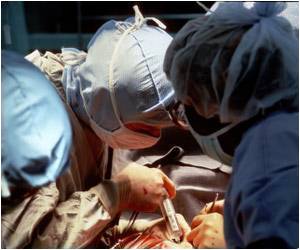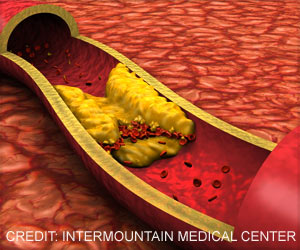
‘R-One — a robotic coronary angioplasty now demonstrates over 95% technical success rate and 100% clinical success rate with zero complications.’
Tweet it Now
R-One was CE-marked in 2019 and is currently used in Europe, Africa, and China with several benefits being provided to both physicians and patients.
Robots — Future of Cardiology
Moreover, the navigation and accuracy of balloon and stent placement (coronary angioplasty) is improved with the precision of the robotic controls along with providing a safer and more ergonomic working environment."This was the first clinical trial in Europe that aimed to assess the safety and efficacy of robotic coronary angioplasty. The results are extremely positive, with a technical success rate of over 95% and a clinical success rate of 100%, all of which show that angioplasties with R-One are safe and effective for patients. In my experience, the average length of a robotic procedure (19.9 ± 9.6 min) is roughly the same as that of a manual procedure. Based on these results, the use of the robot genuinely heralds a new age in the treatment of heart conditions, something that has been sorely needed for 30 years given the significant challenges involved in this discipline, particularly the exposure to X-rays," says Prof. Eric Durand, co-principal investigator of the trial.
“We firmly believe that this is just the beginning of vascular robotics and that it will continue to grow with our current, as well as our future, robotic generations, with which the more complex procedures will be performed. Robotics is right at the heart of a sea change within this sector”. “There is no doubt in my mind that the future of interventional cardiology lies in integrating robotics," says Lucien Goffart, CEO of Robocath.
Source-Medindia












